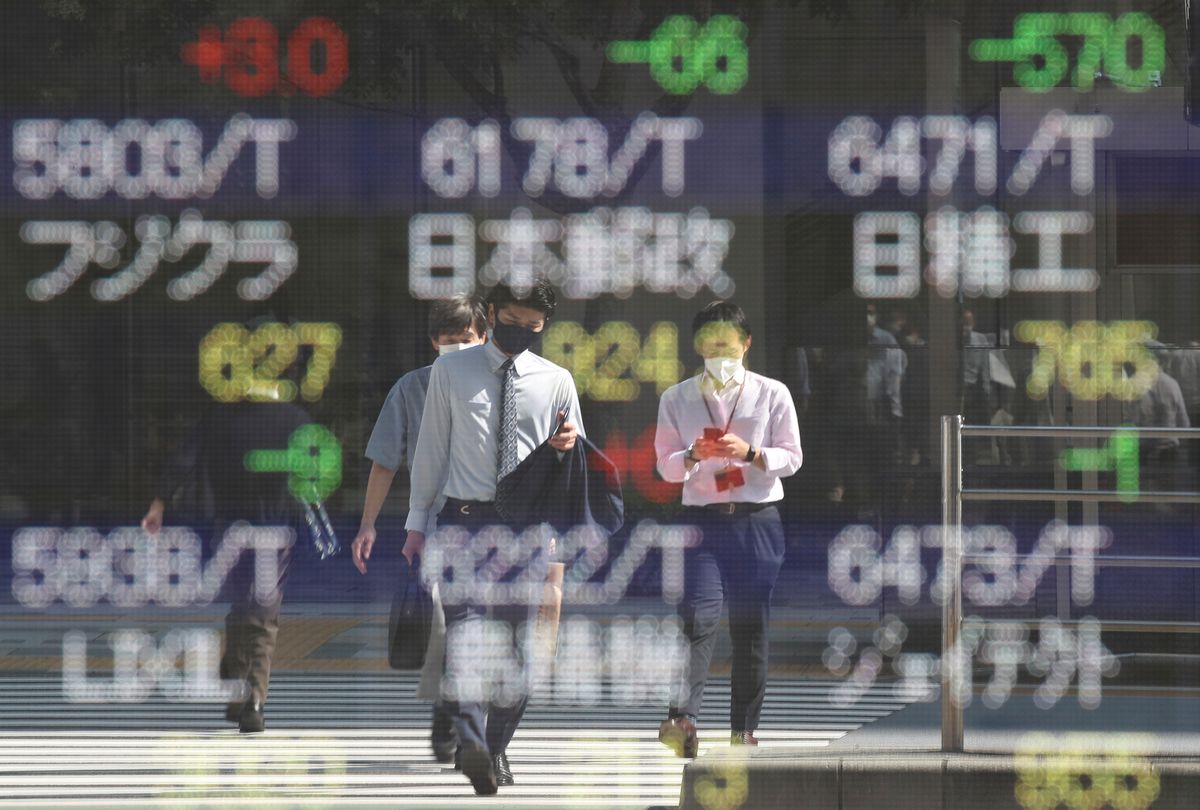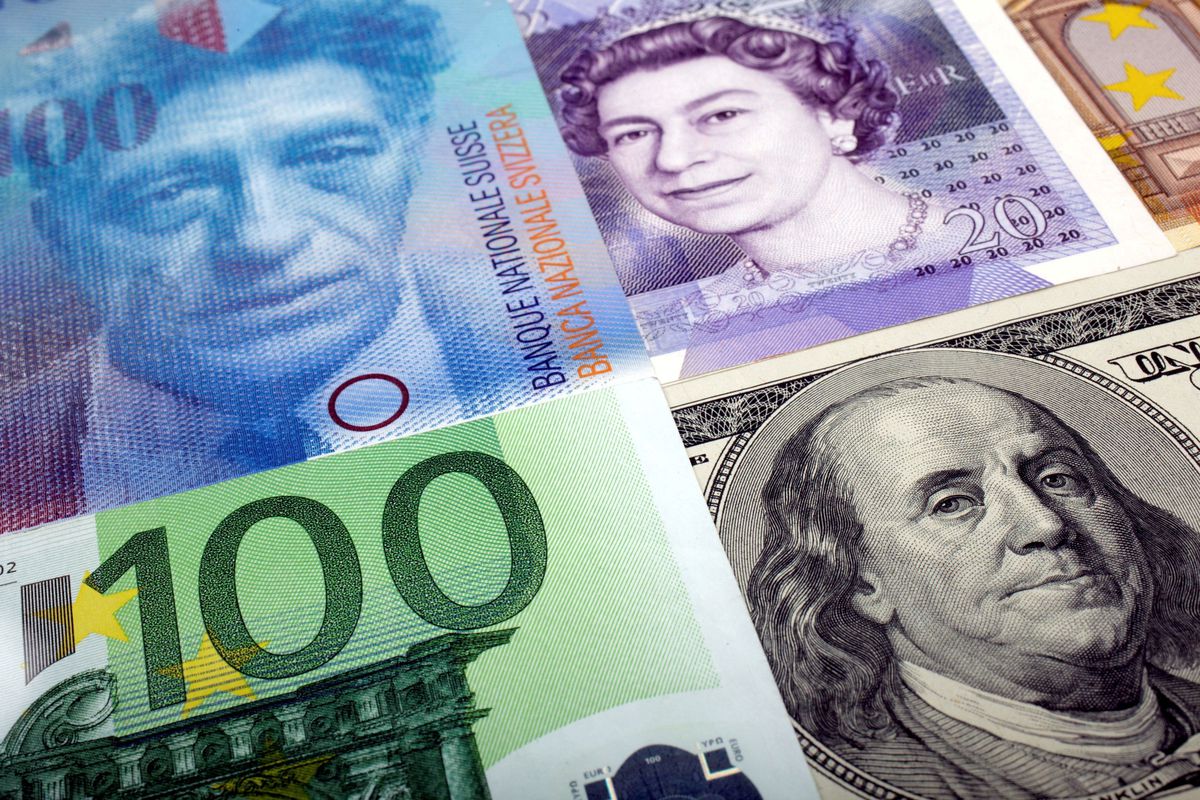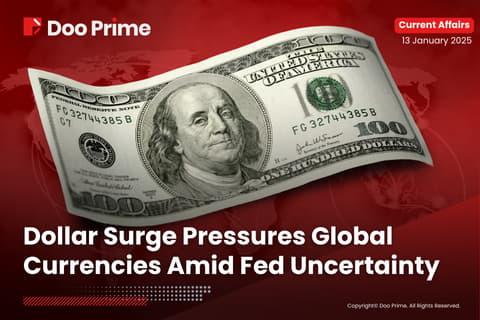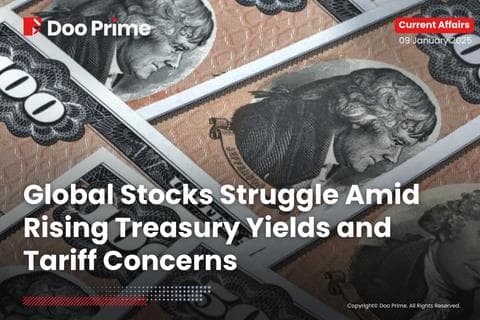WORLDWIDE: HEADLINES
Samsung, Micron warn China’s Xian lockdown could affect memory chip manufacturing

Samsung Electronics (005930.KS) and Micron Technology (MU.O), two of the world’s largest memory chip makers, warned that a COVID-19 lockdown in the Chinese city of Xian could affect their chip manufacturing bases in the area.
Micron said on Wednesday the lockdown could lead to delays in the supply of its DRAM memory chips, which are widely used in data centers.
It said the stringent restrictions, which went into effect earlier this month, may be increasingly difficult to mitigate and had resulted in thinner staffing levels at its manufacturing site.
Samsung Electronics also said on Wednesday that it will temporarily adjust operations at its Xian manufacturing facilities for NAND flash memory chips, used for data storage in data centers, smartphones and other tech gadgets.
Chinese officials have imposed tough curbs on travel within and leaving Xian from Dec. 23, in line with Beijing’s drive to immediately contain outbreaks as they appear.
“We are tapping our global supply chain, including our subcontractor partners, to help service our customers for these DRAM products,” Micron said in a blog post.
“We project that these efforts will allow us to meet most of our customer demand, however there may be some near-term delays as we activate our network,” the company said.
Micron added that it was working to minimize the risk of virus transmission and had employed measures including physical distancing and on-site testing and was encouraging vaccination.
Full coverage: REUTERS
U.S. goods trade gap hits record; pending home sales slip

The U.S. trade deficit in goods mushroomed to the widest ever in November as imports of consumer goods shot to a record ahead of the second straight COVID-distorted holiday shopping season along with industrial supplies, while exports slipped after a historic gain a month earlier.
The goods trade gap reported Wednesday by the Commerce Department is likely to remain historically high as long as the coronavirus pandemic continues, economists said. The emergence of the fast-spreading Omicron variant of COVID-19 that has driven U.S. and global caseloads to a record this week may exacerbate it further in the near term if it limits American consumers’ spending on services and restokes demand for imported goods.
Omicron also stands as a downside risk in the housing market. A reading of pending home sales also out Wednesday showed an unexpected drop in November, and while that data largely predated Omicron’s ascendance in the United States, the highly contagious new variant could further limit home sales in the near term, the National Association of Realtors (NAR) said.
The goods trade deficit widened last month by 17.5% to $97.8 billion from $83.2 billion in October, Census Bureau data showed. That exceeds the previous record deficit set in September of $97 billion and may damp optimism that trade might finally add to U.S. economic growth this quarter for the first time in more than a year.
Imports rose by 4.7% with industrial supplies leading the way with an increase of $5.7 billion to $63.2 billion, followed by consumer goods rising by $2.9 billion to just shy of $67 billion as retailers rushed to fill store shelves ahead of Christmas. Both were record highs.
Full coverage: REUTERS
WORLDWIDE: FINANCE/MARKETS
Oil rises as fuel demand holds up despite surge in Omicron cases

Oil prices rose on Thursday to extend several consecutive days of gains, buoyed by data showing U.S. fuel demand holding up well despite soaring Omicron coronavirus infections.
Brent crude futures rose 17 cents, or 0.2%, to $79.40 a barrel at 0217 GMT, climbing for a fourth day in a row.
U.S. West Texas Intermediate (WTI) crude futures rose 23 cents, or 0.3%, to $76.79 a barrel for a seventh straight session of gains.
U.S. Energy Information Administration data on Wednesday showed crude oil inventories fell by 3.6 million barrels in the week to Dec. 24, which was more than analysts polled by Reuters had expected.
At the same time, gasoline and distillate inventories fell, compared with analysts’ forecasts for stock builds, indicating demand remains strong.
Further supporting sentiment, governments around the world were trying to limit the impact of record numbers of new COVID-19 infections on economic growth by easing testing rules and narrowing who needs to isolate as close contacts of positive cases.
Full coverage: REUTERS
Asia stocks listless as tough year ticks down

Asian share markets got off to a listless start on Thursday as the spread of Omicron clouded what is the last trading day of the year for many exchanges around the globe, while oil was close to finishing 2021 with gains of more than 50%.
With coronavirus cases hitting record highs, many countries are trying to limit the economic damage by relaxing rules on isolation rather than resorting to lockdowns.
There was some positive economic data from South Korea where a 5.1% surge in November industrial output could signal an easing in global supply bottlenecks.
Still, 2021 has been tough for much of the region and MSCI’s broadest index of Asia-Pacific shares outside Japan (.MIAPJ0000PUS) was flat on the day and down 6% on the year.
Chinese blue chips (.CSI300) have also lost 6% led by big falls in techs as Beijing tightened restrictions on the sector.
Japan’s Nikkei (.N225) slipped 0.7% on Thursday, which left it with a modest gain of 4.6% for the year and some way from a three-decade top reached in September. Tokyo is shut on Friday.
Taiwan (.TWII) was an outperformer with a rise of 24% thanks to red-hot demand for computer chips amid limited supply.
Full coverage: REUTERS
Dollar, yen soft in thin trading after U.S. equities hit record highs

The dollar and yen were at the low end of their recent ranges in thin holiday trading on Thursday, having fallen overnight as investors favored riskier currencies along with equities.
The moves seemed to be linked to recent improved sentiment as many governments resist imposing new, widespread lockdowns, even as the Omicron variant of the coronavirus surges.
“The U.S. dollar resumed its retreat overnight as markets continue to price in finishing Omicron fears thanks to low hospitalizations,” said Jeffrey Halley, a senior market analyst for Asia Pacific at Oanda.
“That has encouraged investors out of defensive positioning and back into the global recovery trade.”
The euro was at $1.1352 in early Asian trading, after gaining 0.35% and touching a one-month high the day before.
The sterling was at 1.3500, its highest since Nov. 19 after a 0.44% overnight gain.
This left the dollar index, which measures the greenback against major peers, at 95.862, languishing near its lowest in a month.
But with many traders away ahead of the year-end, analysts cautioned against reading too much into the moves.
Full coverage: REUTERS



